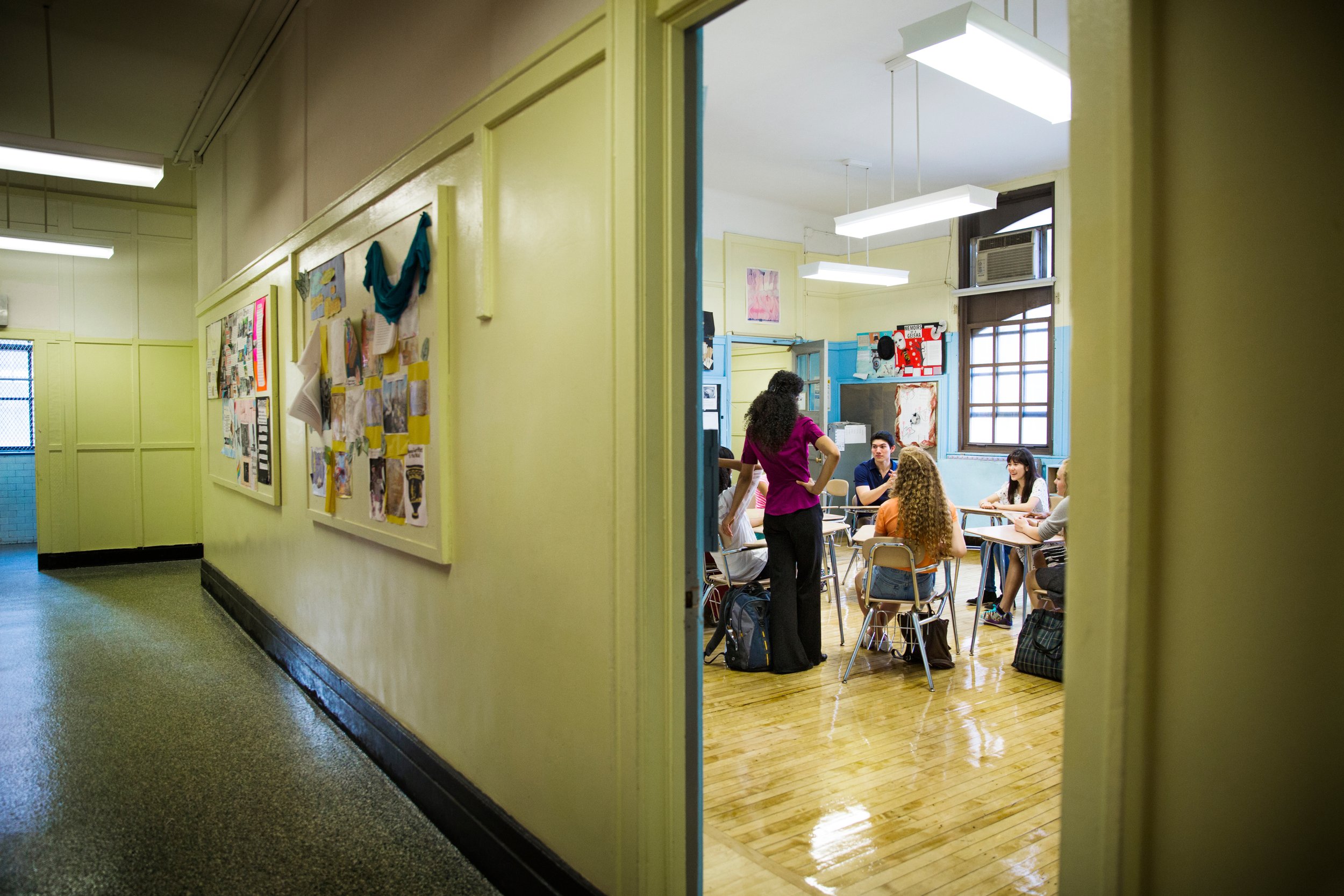BLOG
Institute Intelligence
Insights, case studies, news, and updates from ISLG’s good governance research and action.
Using Evidence-Based Assessments to Understand Trauma and Healing among Gender-Based Violence Survivors
An innovative assessment approach successfully measures trauma and healing among families impacted by gender-based violence. Administered by a holistic and innovative program in Manhattan that provides family-focused programming, the approach helped participants better understand their healing journeys.
Strengthening Bonds & Healing Families Impacted by Gender-Based Violence
Using a unique approach that focused on families as a whole, the FamilySafe Project (FSP) developed a trauma-informed approach to provide counseling services to families who have experienced gender-based violence.
Strengthening Programs through Research & Evaluation: Lessons Learned in a Cross-Sectoral Youth Mental Health Initiative
Program evaluations are useful tools for programs, funders, and researchers to better understand the impact of services on participants and collaborations between organizations. One such evaluation of the Margaret’s Place in Communities Impacted by Trauma-exposed Youth (MP-CITY) program identified several ways to improve programmatic operations and participant experiences.
Supporting Student Mental Health in Educational Settings: The MP-CITY Model
MP-CITY offered services at two public schools in Washington Heights between 2018 and 2021. The program offered three programming tiers that provided multiple entry points for mental health supports so that a range of students with different types of mental health needs could engage with the program at the appropriate level.
Improving Youth Services & Supporting Goals: The Youth Opportunity Hub Initiative
Funded by the Criminal Justice Investment Initiative (CJII) to improve safety in neighborhoods that have experienced disproportionate impacts of divestment and criminal legal system involvement, the Hubs connected a diverse population of youth to wraparound services that addressed their material, social, educational, and physical and mental health needs.
Tapping into Strong Partnerships to Improve Youth Services: The Youth Opportunity Hub Initiative
A recent evaluation found the Youth Opportunity Hubs were successful in creating unique partnership networks that built on their organizational strengths and the needs of their youth participants. The networks they created helped the Hubs be flexible and adaptable in providing youth services, efficient and resilient against partner changes, and prepared to share resources across many partner organizations.
Reducing Frequent Jail Contact to Lower Jail Populations
Across communities participating in the study, people with frequent jail contact account for a majority of bookings, but account for a minority of the people booked. People of color and people with behavioral health needs are overrepresented.
Providing Transitional Housing Support to Reduce Jail Incarceration Among People on Probation in Pima County, Arizona
A new study – “At The Intersection of Probation and Jail Reduction Efforts” – is a building block in understanding how probation, jail, and housing challenges intersect, and how providing transitional housing support can help reduce jail incarceration.
CUNY ISLG, D.A. Bragg Make Major Mental Health Investment, Awards $6 Million To “The Bridge”
Neighborhood Navigators will build trusting relationships with individuals who may have a mental illness or substance use disorder that are living or spending significant time on the street in Manhattan priority areas determined by community feedback.
"A Chance to Actually Feel Safe.” The Successes & Challenges in Creating Gender-Affirming Mental Health Care
In particular, THRIV participants highlighted that connecting with other transgender and gender non-binary (TGNB) people through clinical and art-based supports helped them understand how to refine trauma coping skills and develop healthy, supportive relationships
Closing the Gap between Survivors & Workforce Development Programs
Most notably, the proportion of clients who were employed full- or part-time increased from 18 percent to 42 percent by one year after completion. These outcomes are especially notable given the evaluation was conducted during the height of COVID-19, where obtaining employment was particularly challenging for people of all backgrounds.
Criminal Legal Reforms Didn’t Lead to Violent Crime. Saying They Did Distracts from Real Solutions.
Blaming violent crime on criminal legal reforms without any evidence has many negative consequences, including increased political pressure to expand unnecessary, harmful and expensive incarceration practices. Equally dangerously, it diverts resources away from understanding the actual causes of crime, including the complex impact of COVID-19.











